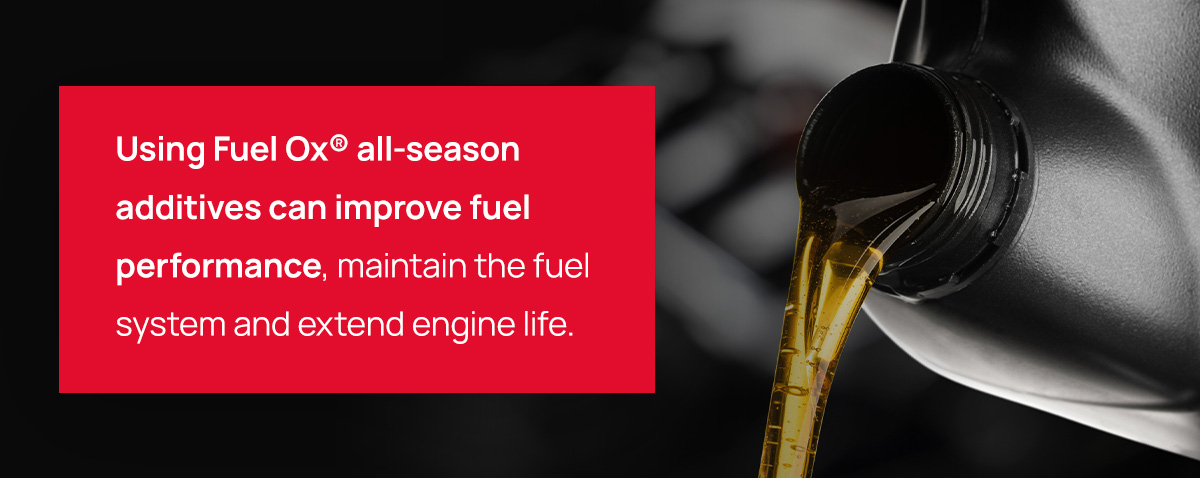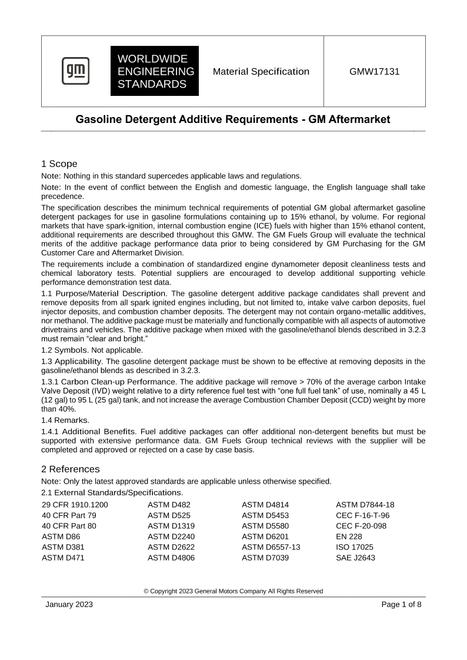Pros and Cons of Using Detergent Additives in Fuel
Fleet owners and operators are continually seeking ways to optimize fuel use, reduce maintenance costs, and maintain vehicles in top condition. One method that plays a significant role in achieving these goals is the use of fuel additives, particularly detergents. These additives are commonly employed to clean and prevent deposits on fuel injectors and intake valves, ultimately enhancing engine performance and prolonging engine lifespan.

Benefits of Using Detergent Additives in Fuel:
One of the primary advantages of utilizing detergent additives in fuel is the improvement in engine performance. By helping to keep engines clean, high-quality detergent additives contribute to better performance in older engines and prevent degradation in newer ones. They achieve this by reducing the formation of deposits in critical components such as fuel injectors, combustion chambers, and valves. Cleaner engines operate more efficiently, restoring lost fuel economy and enhancing overall performance. For fleet management, this can result in reduced downtime due to engine issues and more dependable vehicle performance.
Additionally, detergent additives, when combined with cetane boosters, can enhance engine power and optimize combustion. Conversely, dirty combustion systems can lead to reduced horsepower, poor fuel economy, rough idling, and increased emissions. Detergents play a vital role in preventing deposit buildup in the engine's combustion system, ultimately leading to cleaner combustion and fuel savings.

Drawbacks of Using Detergent Additives in Fuel:
While there are numerous benefits to using detergent additives, there are also some drawbacks to consider. One of the highlighted disadvantages is the initial increased costs associated with purchasing these additives. However, these upfront costs can often be offset in the long run, especially when considering the potential reduction in costly engine repairs and extended intervals between routine maintenance. By preventing deposit buildup, detergent additives can lead to fewer visits to the mechanic, less time off the road, and lower overall ownership expenses for fleet operators.
When it comes to using detergent additives in older engines, it's essential to note that while they can effectively clean the engine, enhance combustion, and reduce wear, there may be initial challenges. Introducing detergent additives to older tanks and systems can result in the removal of built-up deposits, potentially causing temporary clogs in filters or system disruptions. After a few refueling cycles, the system typically stabilizes, leaving behind a cleaner and more efficient tank.

Another important point to consider is that detergent additives are not a solution for existing engine problems. If an engine is already experiencing issues, adding detergent additives may not resolve the problem and could potentially exacerbate it. It is advisable for fleet owners to have vehicles inspected by professionals if there are indications of engine trouble before resorting to additives. Detergent additives are most effective as a preventative measure rather than a solution for repairs.
Overuse risk is another downside to be mindful of when using detergent additives. Excessive cleaning or removal of lubricants due to overuse can lead to premature wearing of parts. This risk is heightened during extreme weather conditions when drivers may be tempted to overcompensate for temperature variations. Therefore, it is crucial to monitor fuel reactions to additives closely and adhere to the correct ratio specifications to prevent over-treatment.
Overall, while detergent additives offer significant value by improving engine performance, reducing emissions, and cutting maintenance costs, it is essential to use them judiciously. They are most effective as a preventative tool to maintain clean and efficient engines. Consider factors such as the age and condition of your vehicles when deciding on the use of additives.
If you are exploring ways to enhance your fleet management efficiency with AI tools like ChatGPT and seek validation of the responses provided, consulting your fuel provider or other reliable sources for expert advice is recommended.
Solutions to Maintain Peak Performance:
Mansfield offers a comprehensive range of products and proactive services to ensure high-quality fuel for fleets. These include High-Quality Diesel Additives, Tank Cleaning, Repair and Maintenance, Fuel Testing, and Fuel Treatment. By analyzing your fleet and fuel requirements alongside your organizational objectives, Mansfield experts can offer tailored recommendations for a prescriptive additive and fuel quality program. Contact us today!
Disclaimer: The information presented here is sourced from reputable channels; however, accuracy and completeness are not guaranteed. This material is intended for informational purposes only and should not be construed as financial advice or a buying/selling recommendation for products or commodity contracts.
© 2024. Mansfield Energy Corp. All rights reserved. Terms & Conditions | Privacy | Sitemap




















